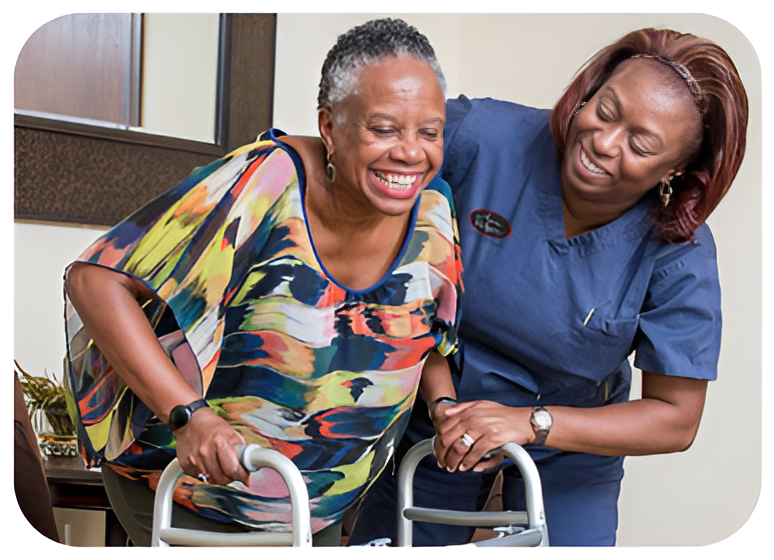When it comes to maintaining good health, especially as we age, prevention is just as important as treatment. That’s where Health Risk Assessments (HRAs) come in. These simple yet powerful tools play a key role in identifying potential health concerns before they become serious problems. Whether you’re managing a chronic condition or aiming to stay ahead of future risks, an HRA can help guide you toward better health outcomes.
What Is a Health Risk Assessment?
A Health Risk Assessment is a questionnaire or screening tool used by healthcare providers to evaluate your overall health status. It typically includes questions about:
Existing health conditions or symptoms
Medical history and family history
Lifestyle habits (diet, exercise, smoking, alcohol use)
Mental and emotional well-being
Why Are HRAs Important?
Early Detection
HRAs can help spot warning signs of chronic diseases like diabetes, heart disease, or high blood pressure—sometimes before symptoms even appear. Early detection allows for timely interventions, which can prevent complications and reduce healthcare costs down the road.
Personalized Care Plans
Everyone’s health journey is different. An HRA helps healthcare providers create a care plan tailored specifically to your needs, lifestyle, and goals. Whether it’s adjusting medications, recommending screenings, or promoting healthy habits, the plan is built around you.
Improved Communication
Filling out an HRA encourages open communication between patients and healthcare providers. It provides a structured way to talk about sensitive issues and helps patients feel more involved in their own care.

